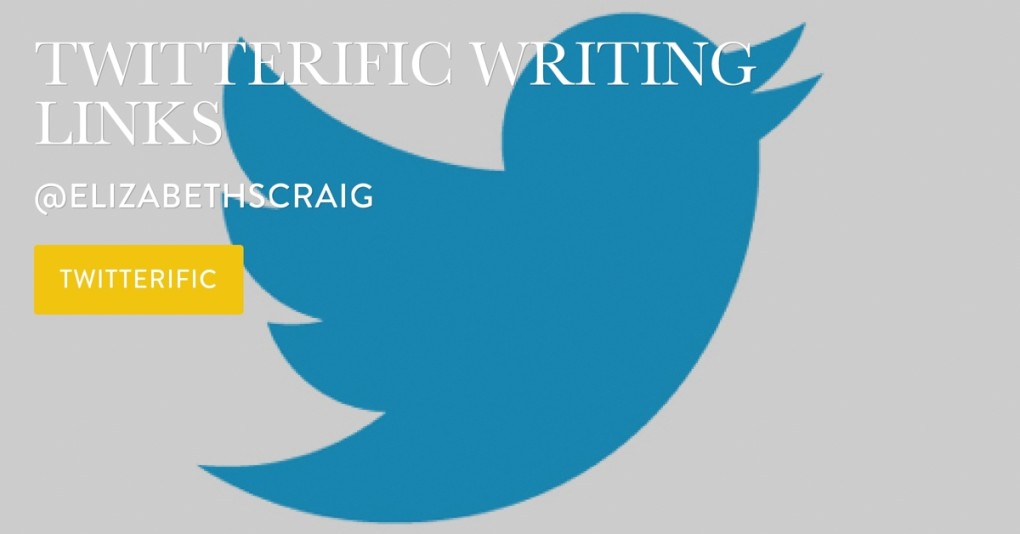
by Elizabeth S. Craig, @elizabethscraig
I’ve touched on this topic before, although before I was sort of working it through in my mind. What I’m calling ‘series tropes,’ which is what writer Camille LaGuire termed ‘rituals,’ are those little recurring bits that turn up book after book in a series (this post is specific to cozies, but I know other genres use these elements, too).
Examples:
In M.C. Beaton’s Hamish MacBeth series, it’s Hamish’s hapless love affairs, laziness, and crazy pets. For Hercule Poirot, it’s his vanity and OCD behavior. With Miss Marple, we expect her to compare everything and everyone to situations and people in St. Mary Mead, her village.
In my books, the tropes include Myrtle’s insomnia and post-midnight treks, Miles’s hypochondria, Puddin’s ‘thrown’ back, silly book club books, the way Myrtle’s soap opera helps her figure out the killer, and Myrtle’s horrible cooking.
How to Use Them:
Humor: You can use them straight out for humorous effect that resonates with regular readers. You can also twist the tropes and provide variations on the themes to make them even funnier (while putting the characters in situations that make them uncomfortable).
Sense of continuity: I think it provides a certain full-circle feeling for regular series readers. They expect certain things are going to happen. It fulfills reader expectations. It’s almost like seeing a familiar landmark.
As a method to check in with recurring characters: This is important for those of us who have regulars in our series. Readers like to ‘catch up’ with characters who are like old friends and our tropes can provide opportunities for them to do so.
Tracking them:
This is the easy part. List all of your recurring storylines into a master list by series. I have a staggering 18 in the Myrtle series alone. I keep them in a Word doc that I review before each book.
Why should we include these rituals? Mostly because readers enjoy them. I struggled with it as a writer, thinking that maybe I was relying on these tropes as crutches. But when I left them out, readers wrote me. Now I go off my list, think of fun, new ways to use or twist them, and don’t worry about including them. They’re clearly beneficial to my books.
For my other articles on writing cozy mysteries, see this link.
Do you have any recurring tropes in your series? Do you keep track of them?
Photo on Visualhunt





